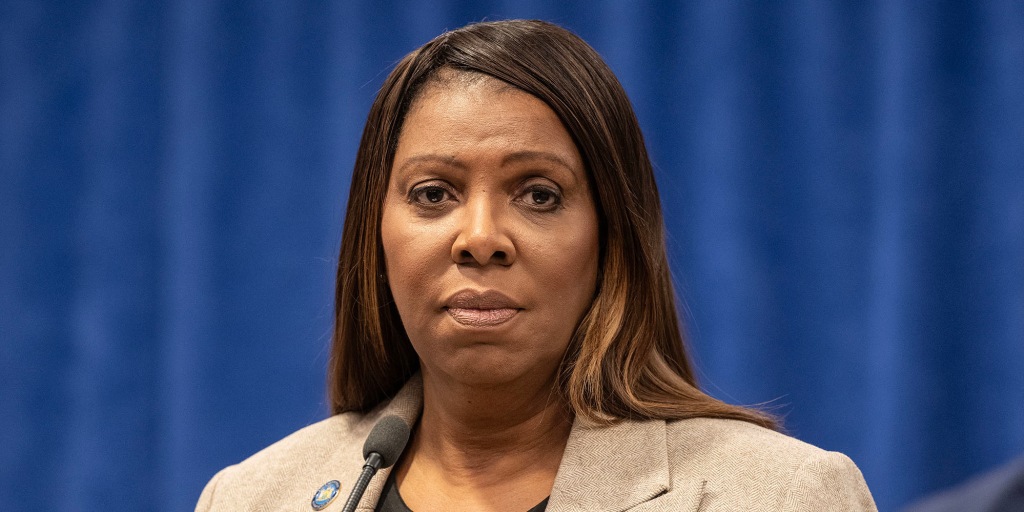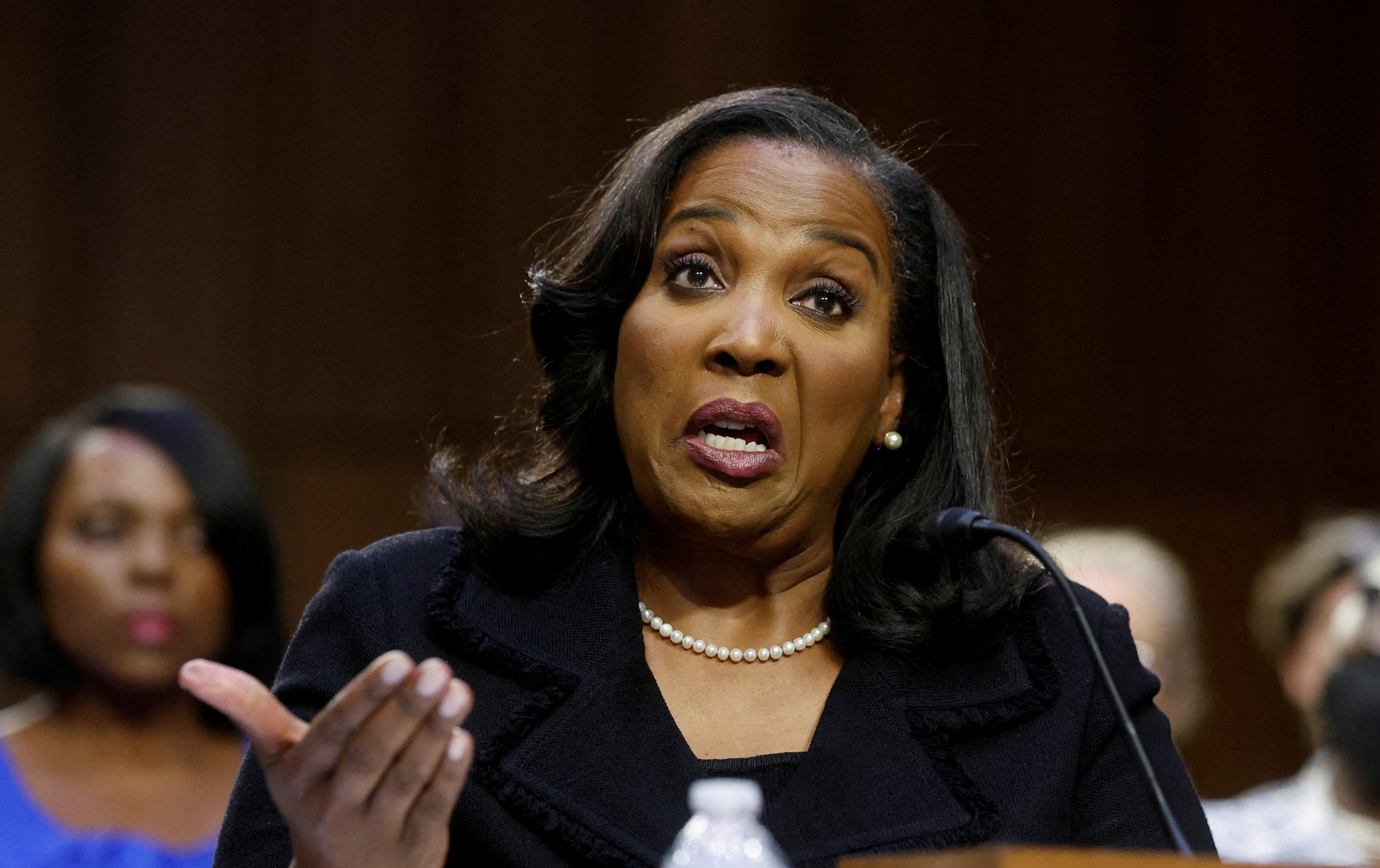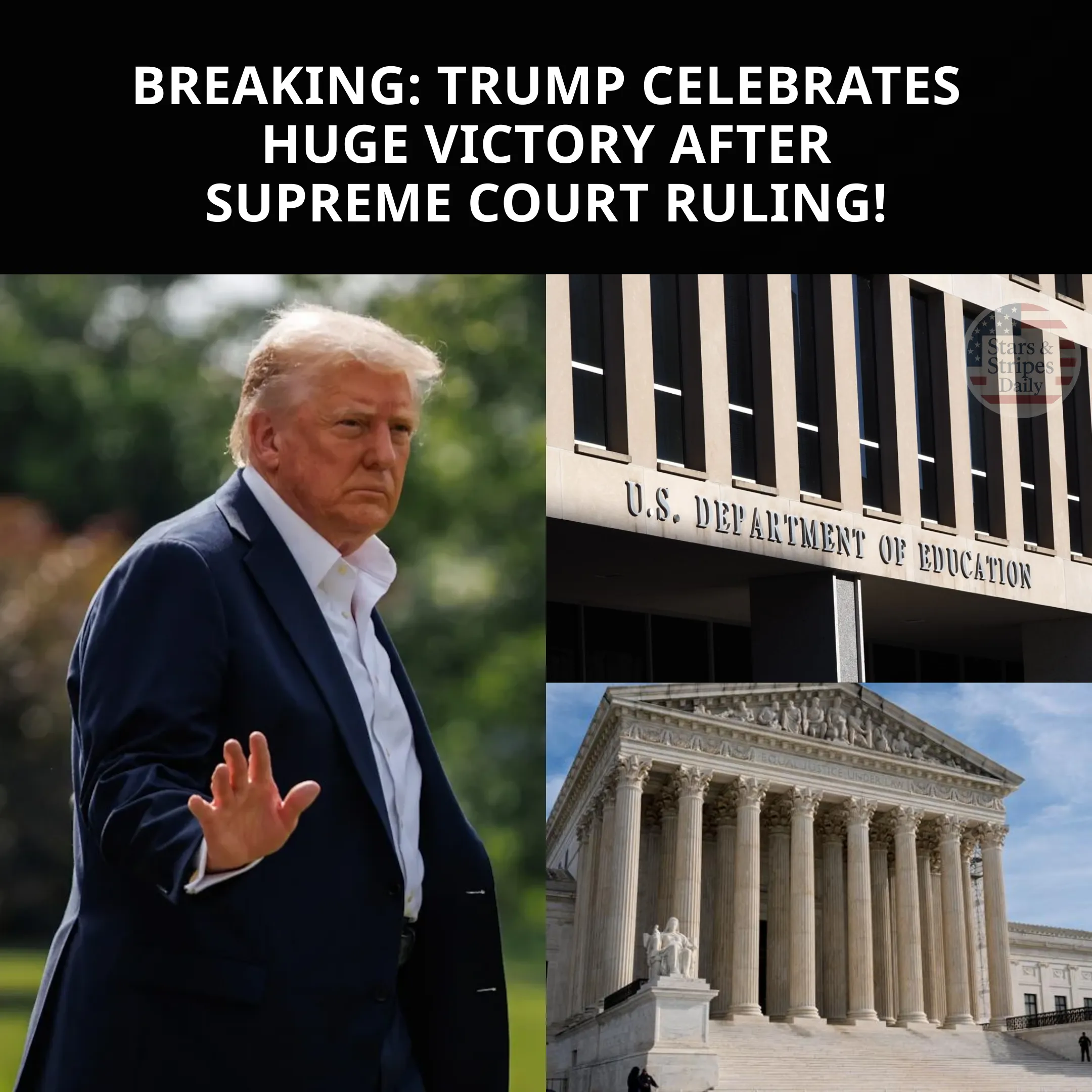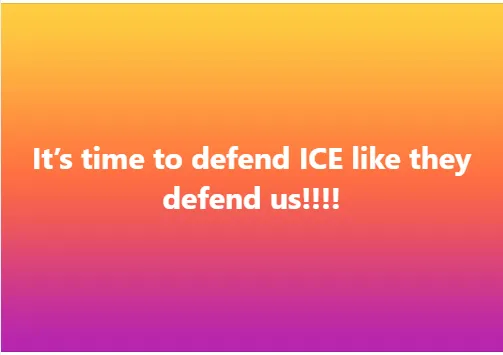The Department of Justice’s newly empowered Weaponization Working Group has opened high-profile investigations into Representative Adam Schiff of California and New York Attorney General Letitia James, according to officials familiar with the effort.
At the same time, President Donald Trump has suggested that controversial pardons tied to the January 6th committee, issued during President Joe Biden’s final months in office, could be revisited or even revoked.
The developments mark a dramatic turn in Washington, as the DOJ under Attorney General Pam Bondi intensifies scrutiny of past actions taken by some of Trump’s most visible opponents.
It also signals that the Trump administration is considering unprecedented legal steps against clemency measures that critics say were handled improperly.
Ed Martin, Director of the DOJ’s Weaponization Working Group, confirmed during an appearance on Fox News’ Sunday Morning Futures that referrals involving Schiff and James are now under review.
He told host Maria Bartiromo that prosecutors are examining allegations ranging from political misconduct to false statements on mortgage filings.
“When Donald Trump came into office, he signed an executive order saying, go and find out how government was weaponized against the citizens,” Martin explained. “Attorney General Bondi has that Department of Justice spinning like a top. A lot of it, we can’t talk about, but it’s going like crazy.”
Martin specifically mentioned that investigators are probing what he described as “a decade of dirty tricks” aimed at Trump and his allies. Part of the effort involves revisiting the origins of the “Russia hoax,” which former Rep. Tulsi Gabbard recently declassified and referred to DOJ.

Martin claimed that new evidence shows the Obama administration coordinated with major media outlets in December 2016 to amplify allegations of Russian collusion.
Equally significant, Martin confirmed that prosecutors are looking into alleged misrepresentations in mortgage paperwork connected to Schiff and James.
“Every American who has a mortgage has to follow the law,” Martin said. “If somebody did something wrong, we’re going to hold them accountable.”
In addition to the DOJ probe, President Trump raised eyebrows with comments suggesting that pardons issued by the Biden administration, particularly those tied to the January 6th select committee, could be revoked.
“They gave a pardon to the Unselect Committee, after they realized the whole situation was a hoax, and it was all their fault, including Nancy Pelosi,” Trump said in remarks over the weekend.
He went on to describe the “autopen scandals” as “one of the greatest of our time,” referencing revelations that thousands of clemency documents bore mechanical signatures rather than Biden’s direct approval.
Revoking pardons would be almost unprecedented in American history and would likely trigger intense legal battles. But Trump’s remarks indicate that his administration is reviewing Biden’s clemency actions, particularly those linked to the January 6th investigation.
The controversy over Biden’s pardons deepened after reports revealed that aides had used an autopen to authorize thousands of pardons and commutations in his final months.
Internal documents show that Biden delegated clemency decisions to Vice President Kamala Harris and White House staff, who then affixed his mechanical signature to warrants impacting more than 4,000 individuals.
Some of these documents reportedly included vague language, which allowed violent offenders to qualify for sentence reductions. Internal DOJ emails uncovered unease within the department, with some officials questioning whether the warrants carried legitimate legal force.
A December 2024 White House memo written for Biden in simplified language praised his “historic action to grant clemency to over 1,500 Americans” and touted favorable media coverage.
Axios later reported that the White House accelerated the clemency push in response to political backlash over Biden’s pardon of his son Hunter, describing the effort as an attempt to “flood the zone” with hundreds of additional pardons.
According to administration sources, the Trump White House Counsel’s office has already begun its own review of Biden-era pardons.
A memo circulated internally recommends that DOJ and congressional investigators interview Biden staffers to determine whether the clemency warrants were properly authorized and whether the president himself approved them.
Revoking pardons, while rare, is not impossible. Legal scholars note that if a pardon was issued without constitutional authority—for example, if it was signed by someone other than the president—it could be subject to challenge. Trump’s allies argue that the widespread use of autopen raises precisely that issue.
For Schiff and James, the DOJ probe represents a political nightmare. Schiff rose to national prominence as a key figure in Trump’s first impeachment and later as a leading member of the January 6th select committee.

James, meanwhile, made headlines for her aggressive pursuit of civil and criminal cases against Trump and his business empire in New York.
Both Democrats have long been lightning rods for conservative criticism, and a federal probe into their personal or professional conduct could dramatically alter their careers.
While no formal charges have been filed, the confirmation of an active review by DOJ signals that prosecutors are taking the allegations seriously.
Conservatives have hailed the investigations as overdue accountability for officials they view as having abused power. “For years, Democrats weaponized government against Trump and his supporters.
Now the tables are turning,” one senior Republican strategist said.
Tulsi Gabbard, the former congresswoman who referred declassified documents to DOJ, argued that Americans deserve transparency about how narratives around Russia, Trump, and January 6th were shaped.
“Sunlight is the best disinfectant,” Gabbard said in a recent interview. “If there was collusion between political leaders and media outlets to mislead the public, that has to be exposed.”
Despite the aggressive posture, the DOJ faces challenges in pursuing both the probes and any effort to revoke pardons. Investigating sitting officials such as Schiff and state-level leaders like James raises questions of federal jurisdiction and political sensitivity.

Any missteps could be painted as politically motivated retaliation, a charge Democrats are already preparing.
As for pardons, history offers little precedent. Once issued, pardons are generally considered final. Revocation would almost certainly face lawsuits challenging the authority of the president to undo a completed act of clemency.
Courts may ultimately have to decide whether autopen-signed documents carry the same constitutional weight as those personally signed by a president.
Democrats have dismissed the investigations as a partisan witch hunt aimed at silencing Trump’s critics. Schiff’s office did not issue an immediate response, but allies point to his long record of public service and leadership roles on intelligence and judiciary committees.
James’s allies argue that the probe is a transparent attempt to punish her for holding Trump accountable in New York courts.
Civil liberties groups are also watching closely, concerned that the precedent of investigating political opponents could erode democratic norms.
At the same time, watchdog organizations are urging transparency in reviewing Biden’s clemency program, warning that the use of autopen may have undermined the credibility of presidential pardons.
The dual developments—the DOJ’s probe of Schiff and James, and Trump’s hint at revoking Biden’s pardons—highlight the ongoing polarization of American politics. For Trump’s supporters, these moves represent long-awaited justice and a correction of past wrongs.

For his opponents, they are evidence of an administration determined to weaponize the legal system for political gain.
As investigations proceed, the stakes could not be higher. The careers of two prominent Democrats hang in the balance, while thousands of individuals who benefited from Biden’s clemency actions may find their legal status thrown into uncertainty.
Meanwhile, the broader fight over the integrity of America’s institutions continues to shape the political landscape.
The Justice Department’s investigation into Adam Schiff and Letitia James, coupled with President Trump’s suggestion of revoking controversial pardons, represents one of the most significant legal and political developments of the new administration.
With Attorney General Pam Bondi at the helm, the DOJ is signaling a willingness to revisit past controversies and hold even the most powerful figures accountable.
Whether these efforts lead to indictments, overturned pardons, or prolonged legal battles, they underscore the intensity of America’s political divide.
As Trump’s allies cheer and Democrats cry foul, the future of these investigations will test not only the resilience of the individuals involved but also the durability of constitutional norms in an era of fierce partisan conflict.





